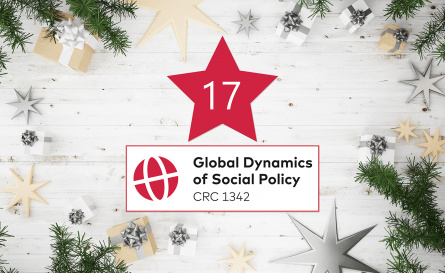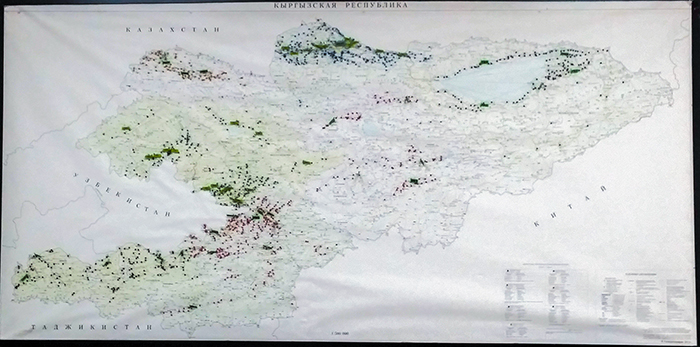
Village Health Committees: Long-lasting success
For her research, Isabekova conducted numerous interviews with project partners, from which we quote today:
"The study of the Village Health Committees in Kyrgyzstan demonstrates the sustainability of the community-based organizations beyond the end of the project-related funding. Established as part of the Swiss-financed Community Action for Health (2001-2017) project, the Village Health Committees contributed to the prevention of communicable and non-communicable diseases in the country. Despite the end of the project-related funding, about 70-80% of the committees - composed of volunteers, mostly local residents - continued their health promotion activities (Interviewee B, para. 125–138, Bishkek, Kyrgyzstan, 2018)."

For more information see the publication:
Isabekova, Gulnaz, 2020: Mutual learning on the local level: The Swiss Red Cross and the Village Health Committees in the Kyrgyz Republic, in: Global Social Policy, online first, 28.08.2020
More about the research of project B06: External Reform Models and Internal Debates on the New Conceptualisation of Social Policy in the Post-Soviet Region
---
Have you missed some of the previous windows? Click here for the complete CRC 1342 Advent Calendar 2020.
Contact:
Dr. Gulnaz Isabekova
CRC 1342: Global Dynamics of Social Policy, Research Centre for East European Studies
Klagenfurter Straße 8
28359 Bremen
Phone: +49 421 218-57073
E-Mail: gulnaz@uni-bremen.de










